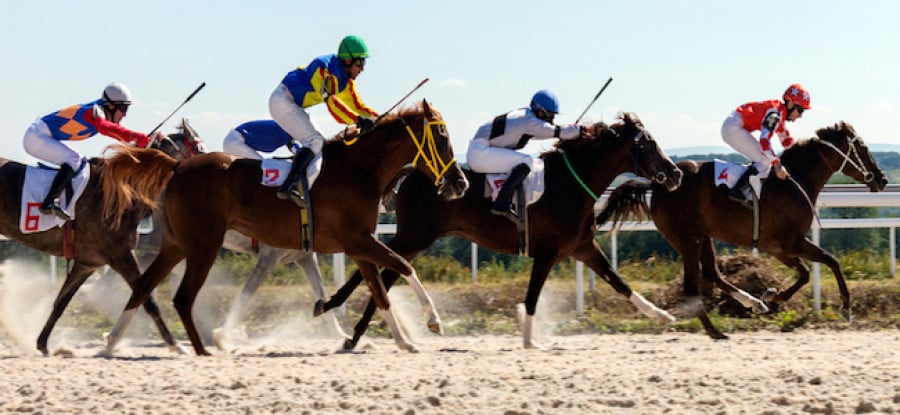Result of an Appeal (G. Gibbons) heard by the Appeal Board on Monday 20 November 2017
Press Release
22 November 2017
1. The Appeal Board has dismissed the appeal of Graham Gibbons against the penalty of 2 years prohibition from applying for a licence imposed by a Disciplinary Panel for breach of Rule (A)30 of the Rules of Racing. That period was consecutive to a period of 6 months’ prohibition imposed on him for a breach of Rule D(65) consisting of the presence of cocaine in a urine sample taken from him at Kempton Racecourse on 7 December 2016. The facts, which were not disputed, and the reasons for the decision, were set out in the Panel’s Reasons. The breach of Rule (A)30 – acting in a manner prejudicial to the integrity, proper conduct and/or good reputation of horseracing in Great Britain - consisted of Mr Gibbons presenting to the BHA Sampling Officer a urine sample that had been provided by another jockey.
2. On his arrival at the racecourse, two hours before his only ride that day, Mr Gibbons was given a requirement notice, which he signed, for the provision of a urine sample. He had taken a substantial amount of cocaine the night before. Shortly before his ride he persuaded a young apprentice, Callum Shepherd, who had just arrived in the changing room, to provide a urine sample, giving him a suitable bottle for the purpose, and he managed surreptitiously to tip this into the testers’ cup. He then went out for his ride.
3. By the time Mr Gibbons returned from his ride, Mr Shepherd had voluntarily confessed to his role in providing the false sample. The Stewards held an inquiry. Faced with Mr Shepherd’s confession, Mr Gibbons accepted the situation, and he was required to provide a sample. When the sample was analysed some days later the analysis gave a reading of benzoylecgonine at the maximum level that could be registered.
4. In the light of these facts the Disciplinary Panel described Mr Gibbons’ breach of Rule (A)30 as a very serious matter. We agree with that. The attempted deception was designed to frustrate the procedure established by the Authority to protect horses and riders from injury by ensuring that jockeys do not ride with Banned Substances in their systems. That is an objective of very great importance. Mr Gibbons was seeking to avoid the discovery that he had a substantial amount of cocaine in his system. Moreover he used his influence as a senior jockey to involve a young apprentice in his attempted deception, getting him to provide a sample in a bottle which he had given him for the purpose. And then, confident that he had frustrated the sampling requirement, he rode in a race with a level of cocaine in his system that was the maximum that could be registered by the analysis. Those features together, in our view, undoubtedly justify the 2 years prohibition imposed by the Disciplinary Panel for the clear reasons that they gave.
5. For Mr Gibbons, reliance was placed on the penalty that had been imposed by the Disciplinary Panel in another case where a jockey had attempted to submit a urine sample provided by another jockey (James Rogers, 23 May 2013). For reasons which we will set out in a further statement, we do not consider that any assistance is to be derived from that decision and we see no reason to think that it would have affected the Disciplinary Panel’s decision had they been referred to it.




